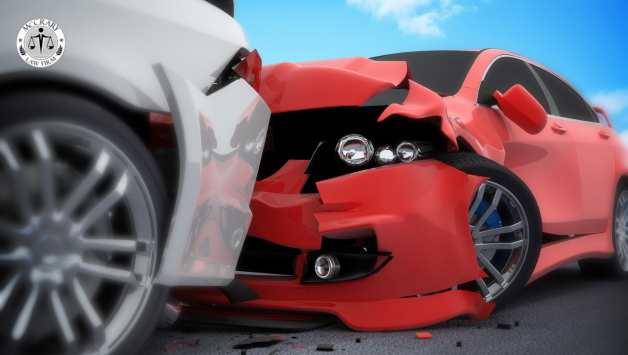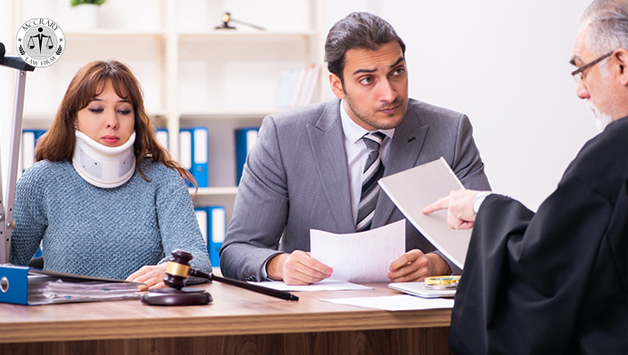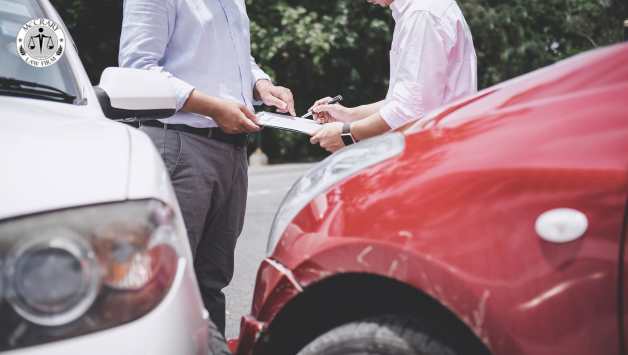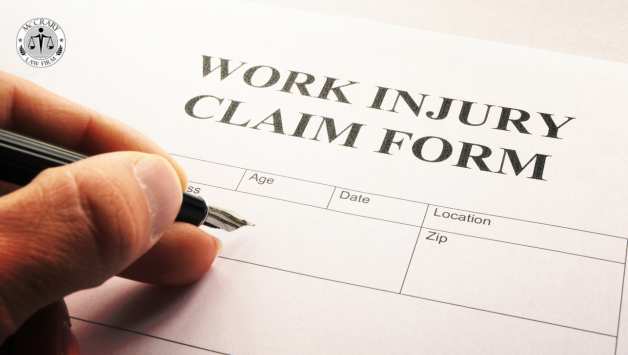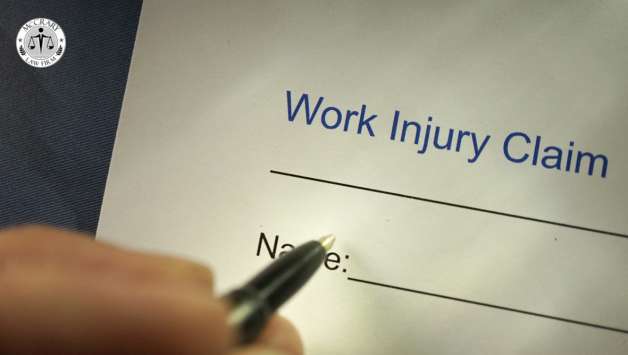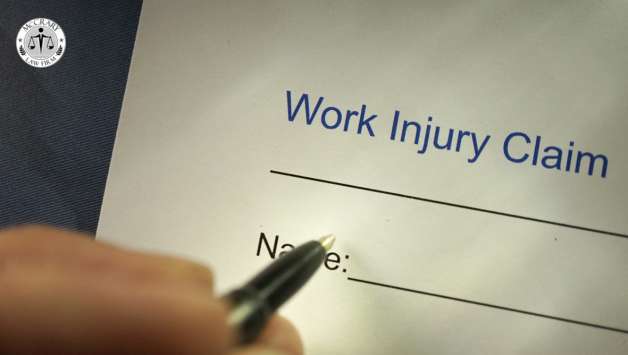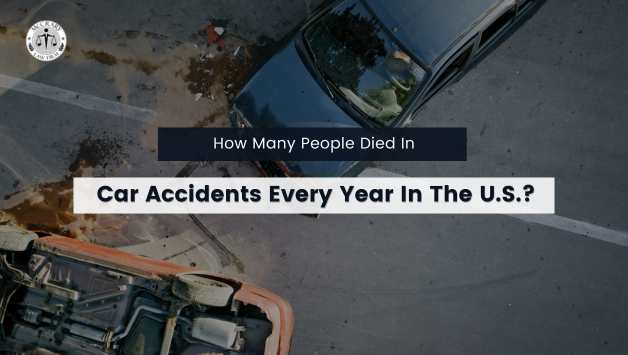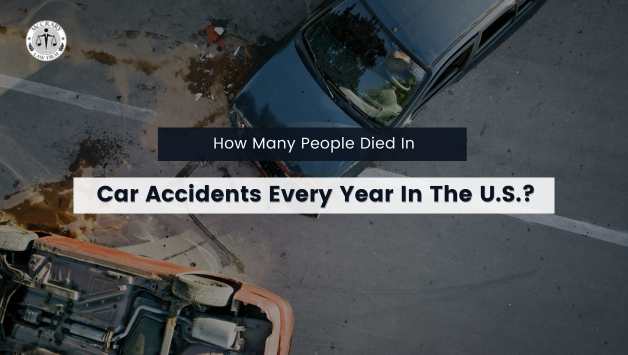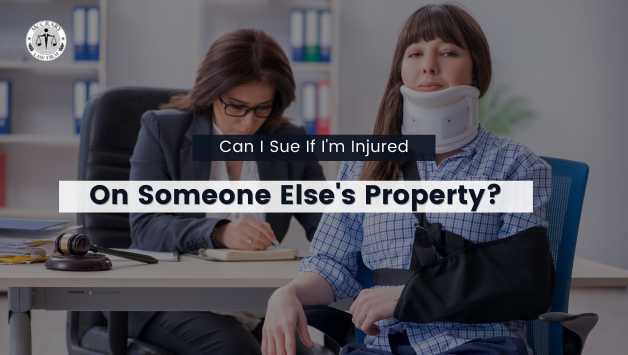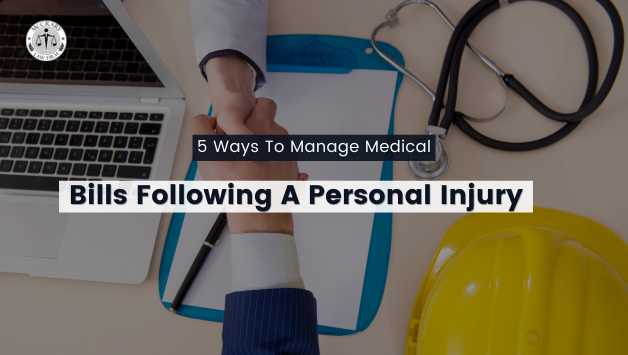How To Prove You Are Not At Fault In A Car Accident? Simple Steps!
Got Into a Car Accident in Northern California? Here’s Why You Should Hire a Car Accident Attorney
By Dan McCrary | June 30, 2025

If you’ve recently been involved in a car accident in Northern California, you’re probably juggling a lot: insurance claims, vehicle repairs, medical bills, and missed time from work. Not to mention the stress and pain that can linger for weeks or months after the crash. The process is overwhelming, even for the most level-headed people.
Here’s the truth. You don’t have to go through this alone.
Hiring a car accident attorney isn’t just for the worst-case scenarios. It’s one of the smartest steps you can take to protect yourself, especially when the accident wasn’t your fault. At McCrary Law Firm, we’ve helped countless individuals throughout Northern California get the compensation they deserve. And more importantly, the peace of mind to focus on healing.
Have a question?
We’re here to help 24/7.
Call or Text Us Now (855) 752-6326
The First Few Days After a Crash Matter a Lot
In the immediate aftermath of a car accident, things move fast. Insurance companies will start calling, police reports will be filed, and in some cases, the other party may already be lawyering up.
That’s why acting early matters.
An experienced personal injury lawyer can step in right away to help preserve evidence, communicate with insurance adjusters, and make sure your medical care is properly documented. These details can make or break your case down the road.
Insurance Companies Are Not on Your Side
We’ve all seen the commercials promising you’re in good hands. But when it comes to getting fairly compensated after a car crash, insurers are more interested in protecting their bottom line than doing what’s right.
Even if you’ve been a loyal customer for years, it’s not uncommon for adjusters to offer you a lowball settlement or even suggest you were partially at fault just to reduce the amount they owe you.
That’s where a car accident attorney changes the game. At McCrary Law Firm, we know how to read between the lines of these offers. We’ve gone up against major insurance companies and secured full-value settlements that reflect our clients’ real losses, including medical bills, lost income, pain and suffering, and more.
What an Attorney Actually Does for You
Let’s break it down. Here’s what a good personal injury lawyer will do for you after a car
accident:
- Investigate the crash by gathering police reports, video footage, witness statements, and expert opinions
- Handle all communications with insurance companies, opposing counsel, and even bill collectors
- Calculate damages accurately including future medical costs, loss of earning potential, and emotional impact
- Negotiate settlements so you’re not stuck with a number that barely covers your expenses
- Take it to court if needed if negotiations fail, a seasoned trial attorney won’t back down from litigation
You’re not just paying for legal knowledge. You’re getting someone who advocates for your best interests while you focus on getting better.
Common Car Accident Injuries That Can Cost You Long-Term
Even so-called minor car accidents can lead to injuries that show up days later. Whiplash, concussions, back injuries, and soft tissue damage are notorious for delayed symptoms. And once they surface, they can keep you out of work, disrupt your daily life, or even require ongoing treatment.
In Northern California, where road conditions, weather, and traffic congestion can all contribute to accidents, these types of injuries are more common than you’d think.
If you settle too quickly or don’t have legal representation, you might be stuck paying for treatment out of pocket months later. A car accident attorney ensures your claim reflects all the damages, not just the ones that show up on day one.
What If You’re Partially at Fault?
California follows a comparative fault rule, which means even if you were partially responsible for the accident, you can still recover damages. Your compensation would just be reduced by your percentage of fault.
That’s another reason hiring an attorney is crucial. Insurance companies love to play the blame game. A good lawyer will fight to keep your liability as low as possible while making sure your compensation stays high.
Why Choose McCrary Law Firm?
At McCrary Law Firm, we’re not a billboard law firm with hundreds of clients shuffled through a legal assembly line. We’re a dedicated team serving Northern California including Sacramento, the Bay Area, and beyond, focusing on personal injury law with care, attention, and results.
When you work with us, you get:
- Direct access to your attorney
- Local knowledge of Northern California laws and courts
- No fees unless we win your case
We know this is a stressful time in your life. That’s why we handle every detail, big or small, so you can breathe easier.
Personal Injury
Car Accident
Dog Bite
Motorcycle Accident
Truck Accident
Uber or Lyft
Wrongful Death
Latest News
Don’t Wait. Protect Your Case Before It’s Too Late
There’s a statute of limitations on personal injury claims in California. That means you have a limited time to take legal action after your accident. Waiting too long could mean losing your right to recover anything, even if you have a strong case.
If you were recently involved in a car crash in Northern California, now is the time to reach out. The sooner we get involved, the stronger your case will be.
Ready to Talk?
Reach out to McCrary Law Firm today for a free consultation. We’ll review your case, answer your questions, and let you know exactly where you stand.
Because when it comes to recovering after a car accident, you shouldn’t have to fight alone.
Call /Text (855) PLAN-DAN (855) 752-6326
FREE CONSULTATION 24/7, NO FEES UNTIL WE WIN .
Call or Text Us Now (855) 752-6326

